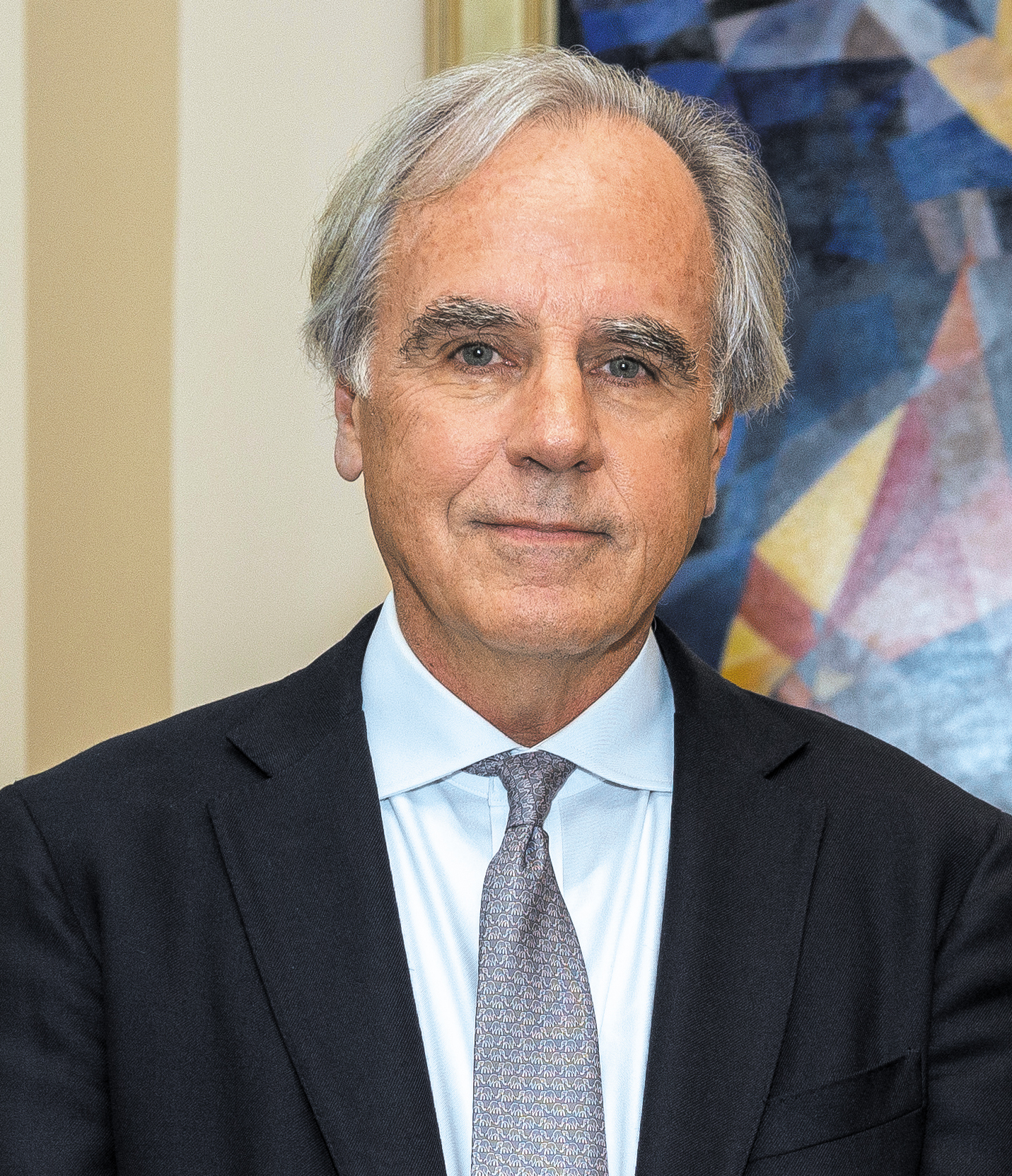Impact Story: Institute for Global Health
“Supporting this cause is very personal to us. We believe in the mission of the Global Health Initiative and the new Institute for Global Health.”
—Larry and Chris Fee, members of the Northwestern University Leadership Circle and Lifetime Giving Society
Q & A with Dr. Robert Murphy
Northwestern faculty and students have long been involved in supporting initiatives to enhance global health and promote health equity. In May, these growing international efforts were further elevated and unified with the launch of a new Feinberg Institute of Global Health. An HIV/AIDS expert with extensive global health experience, Dr. Robert Murphy directs this exciting new entity, which works closely with other global health entities at Northwestern like CIGHT at the McCormick School of Engineering, GHI at the Kellogg School of Management, and global programs at the Weinberg College of Arts and Sciences.

Tell us about the scope of the new institute. Why was it created?
There were many successful projects involving multiple departments and divisions at Feinberg as well as across the University. As each of these programs got bigger and more ambitious, we felt that one unifying structure would allow us to combine, synergize, and expand our efforts. Essentially, we would be stronger together and make a bigger impact. The institute unifies the medical school’s Global Health Initiative and the Center for Global Health, which I founded a decade ago.
What is the role of academic institutions like Feinberg in global health?
Diseases know no socio-economic or political boundaries. With the way people travel today, healthcare is a shared and global concern. The Zika virus and Ebola are diseases no one would have imagined seeing in the United States until recently. No community is immune to public health threats. Academic institutions play an important role in the global health agenda of mitigating global risk of disease and developing sustainable health systems around the world. With the world-class facilities and talented faculty we have at Feinberg, we have the capabilities and responsibility to expand our international reach.
What are some priorities in the institute’s inaugural year?
We plan to establish the institute’s five specialized centers that bring together experts from a variety of disciplines—communicable diseases, surgery, cancer, health education, and cardiovascular health—to pursue our research, training, and outreach goals. One project is the development of a novel biomarker to detect cervical cancer. Unlike the US, where women routinely undergo annual Pap tests, in low-resource countries like Nigeria, it’s difficult to set up effective screening programs. Currently cervical cancer ranks as the second most frequent cancer in women in Nigeria. A biomarker would provide a more efficient screening tool that could save many lives. In the area of communicable diseases, our forte at Feinberg is HIV, tuberculosis, and malaria. We hope to share our expertise by training more foreign health care providers and workers.
This story was published in the Fall 2019 edition of the Nathan Smith Davis Impact Stories, a publication that highlights leadership donors to various areas of Northwestern University Feinberg School of Medicine. Read the whole issue here.
How are donors like the Fees crucial to the success of the institute?
As we embark on growing the institute, philanthropy provides us with the resources to build programs that will succeed and endure. While it is a little more challenging to build infrastructure in resource-constrained countries, it is all doable and we are doing it well with the help of generous philanthropic partners.